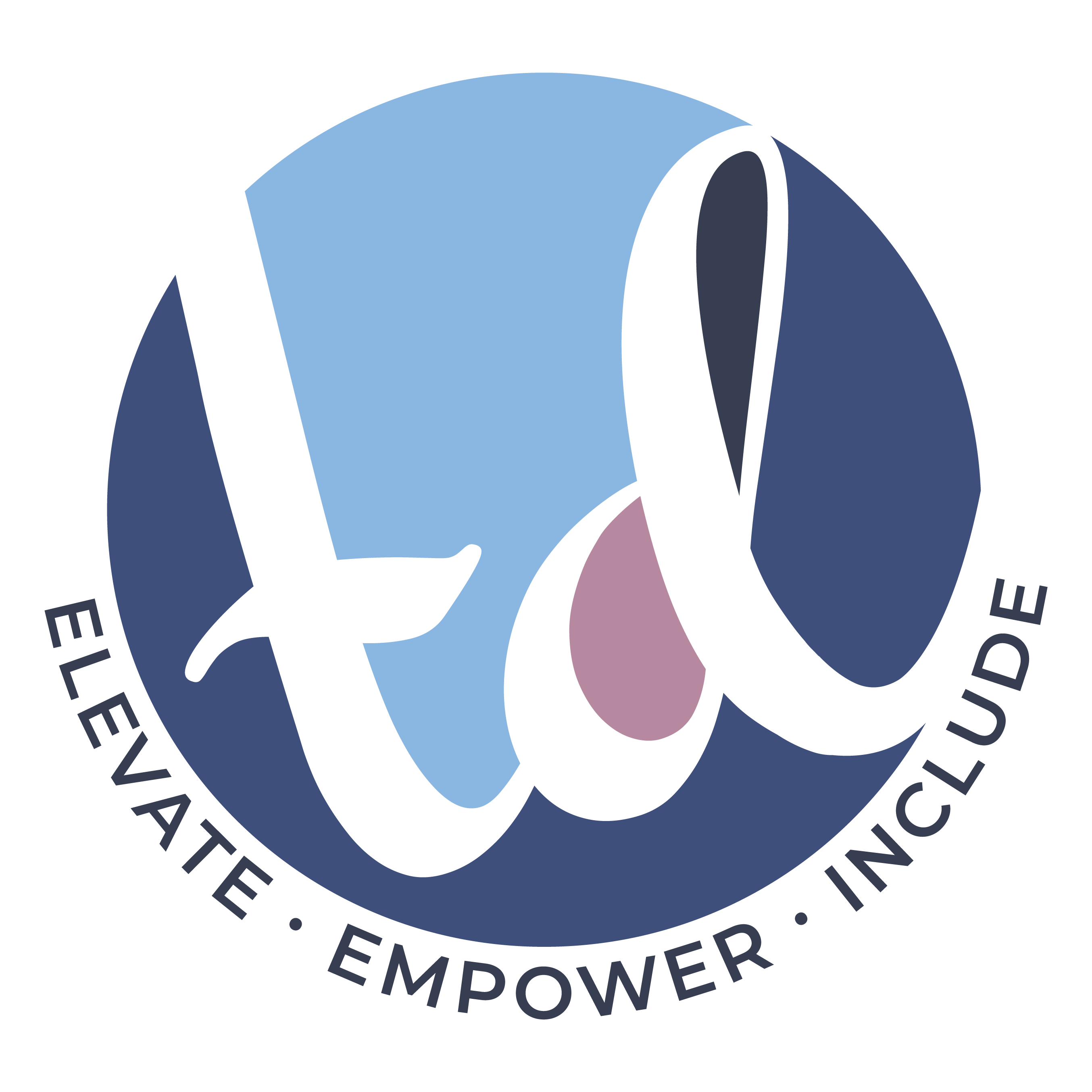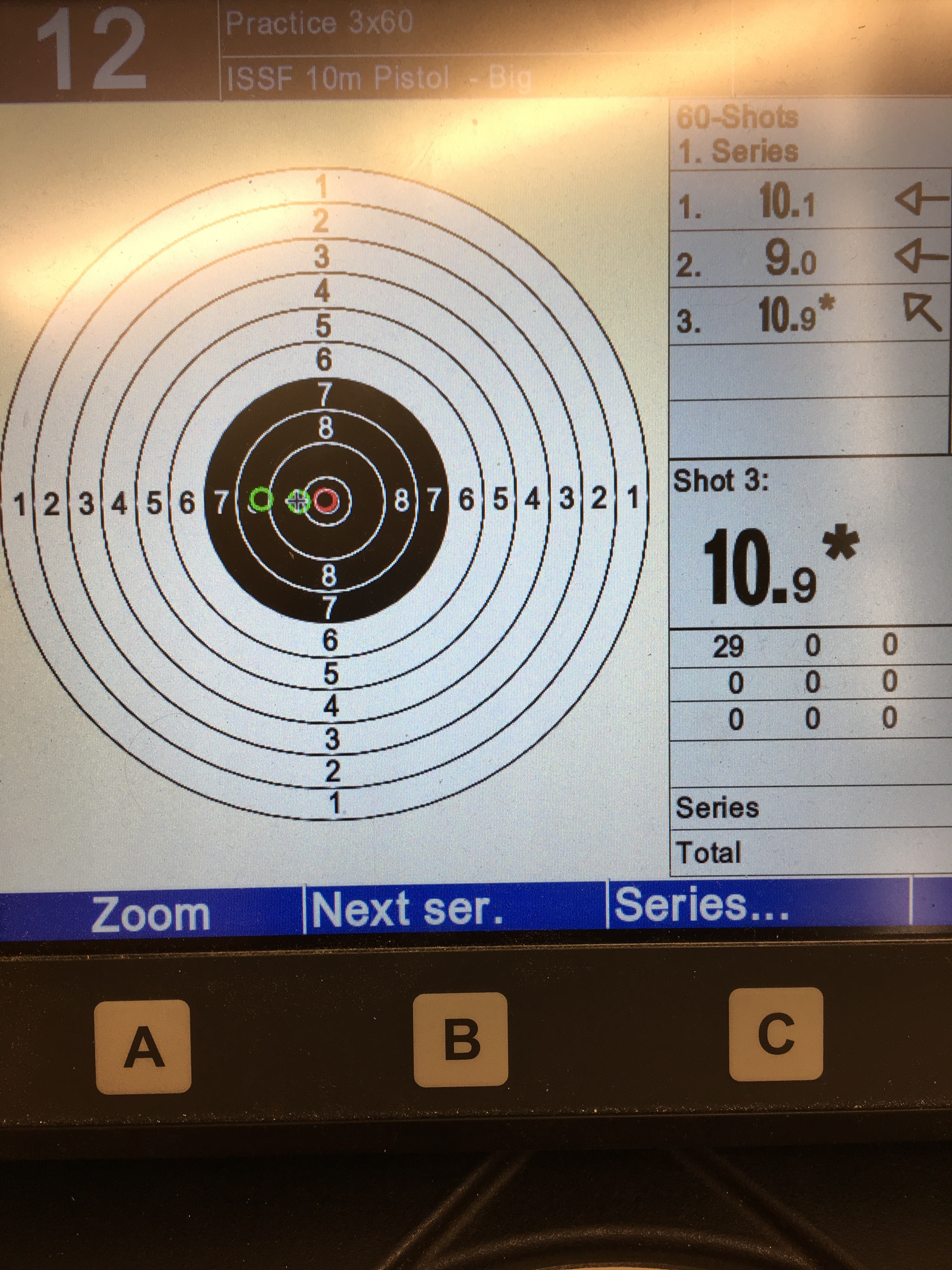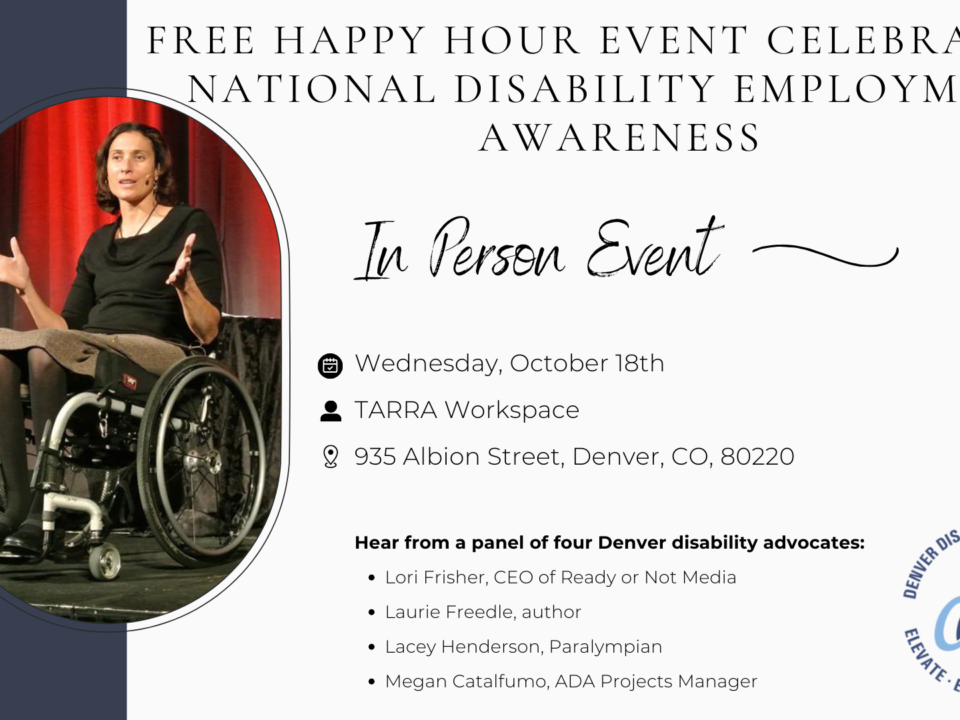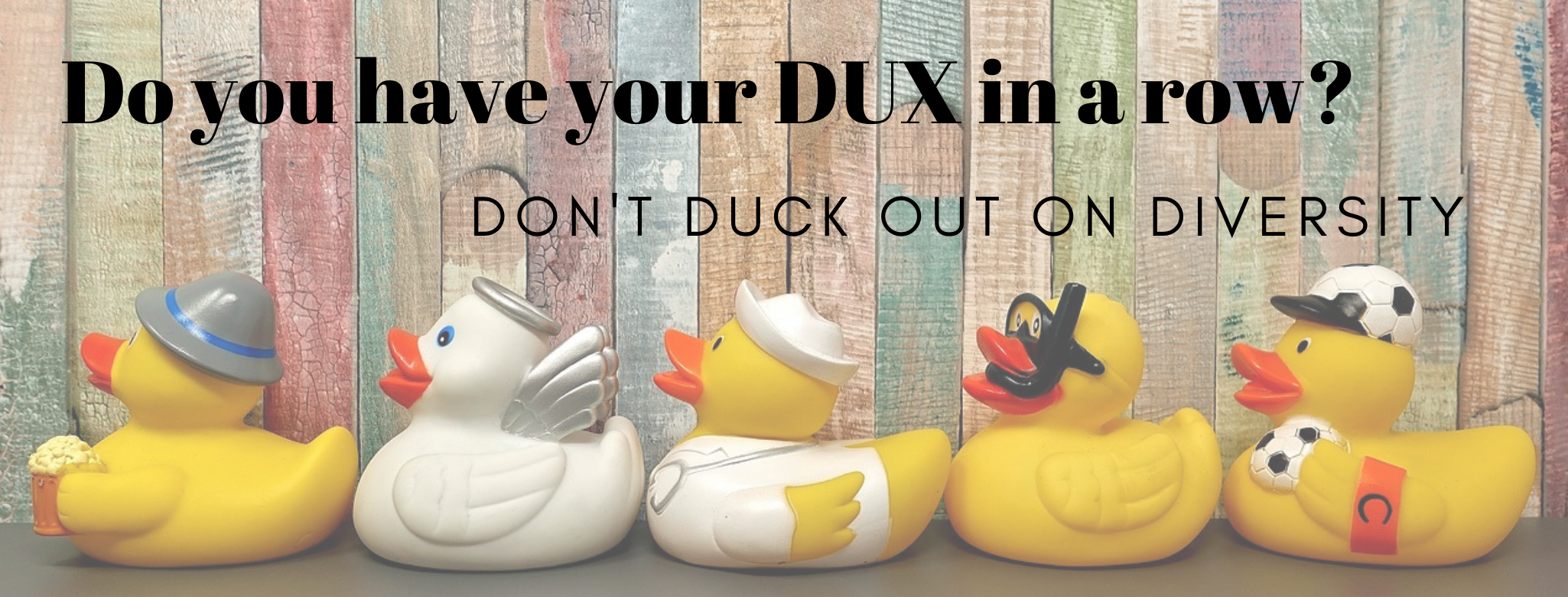Day One—Tuesday, August 23, 2016
In 2006, I made my first attempt to qualify for the Hawaii Ironman. The qualifier race was at the Buffalo Springs Lake Triathlon in Lubbock, Texas. I believe that race is one of the hardest half Ironman races around and I had an amazingly tough race, in which I attempted several times to give up. But thanks to my support crew of my friend Roberta and my then boyfriend (now husband) Steve, I stayed in the race, even when I missed the eight-hour time cut. But unbeknownst to me, the time cut was changed that year from eight hours to eight and a half hours and I crossed the finish line at 8:29:46, qualifying by 14 seconds. By the hair of my chin, my mother would say. (You can read the complete story in my memoir)
Months after that race and after a failed attempt at Kona, I met with a sports psychologist to get ready for my next Ironman attempt at Coeur d’Alene, a race, in hindsight I should never have attempted (not a very wheelie-friendly course…super hard and hilly) but that’s beside the point. In our session, the sports psychologist wanted me to come up with some power words and phrases to help me get through the race when I was feeling frustrated. To help spur some ideas, we talked about Buffalo Springs and what I learned from that race. I told her the one thing I learned was to never give up because you never know what’s going to happen! “It isn’t over till it’s over, “ I said.
And just like that, “it isn’t over until it’s over” became one of my most used race mantras. It’s perfect in so many situations whether you’ve been passed on the course, or if you are off your goal time or any one of a million other situations. You still never know how things are going to shake out by the end of a race, especially the Ironman. It was super helpful for me back in Kona in 2010, even though again I didn’t make the time cut, I raced every last bit of the bike leg and never let up. Even when I know I had missed the time cut, I kept racing because I wanted to be able to ride into the finish instead of getting picked up by the sag wagon, so I raced to beat them to the punch.
You’d think with all of the times I have had come-from-behind performance or fortunate twists of fate, that I would always do everything I could to reach my goals—and usually I do.
Enter in the sport of shooting, which I started in November of 2014. My stretch goal was to make the Paralympic team, but once I realized the steep learning curve of the sport, I realized that 2016 might be a bit optimistic for me. Regardless, I went to a World Cup Competition in Croatia in July 2015 and earned a Minimum Qualifying Score (MQS) in my first international competition. That was a pretty big deal for me because having two MQS scores in your event was one of the requirements to make the Paralympic team. The other was to secure a quota spot by winning your event, or having the quota roll down to you if those finishing in front of you had already earned one.
I still kept the hope alive for getting another MQS and maybe just maybe being lucky enough to earn a quota, but my second and only other opportunity was in Ft. Benning, Georgia in November of last year. That was a horrible event, I let my mental game get the most of me and I didn’t come close to an MQS or a quota. At that time, I realized that getting to the Rio Games wasn’t a possibility and I would set my sights on Tokyo in 2020.
I came home and spent the rest of the year catching up in other areas of my life since I had been putting everything I had into shooting and it was time to go back to “adulting” and making a living. In the early Spring of 2016, I received in my email inbox a message that informed me that I was on the United States Olympic Committee “long list” as a potential competitor in shooting for the Paralympic Games. Now, this is a little deceiving because it simply means you have the basic requirements to make a team (for example, having competed at last year’s nationals, being part of the national program, etc.). To compare, I was also on the “long list” for paracycling. But that was only because I had competed in nationals last year. But the reality was, I actually had no chance at making the team, nor the intention of trying, but it gives you an idea about the “long list.” Lots of athletes get that email, but it only ends up meaning something to the few who are fully pursuing a chance for whatever team they are going for (for example there is a long list for other Games, such as the Pan Ams.) But at this point I already knew my chances at making Rio were basically done and I was resigned to the fact that I was now looking at Tokyo if I wanted to get to a Games. So, I sent an email to National Team Coach Bob Foth and asked him if I could skip filling out the form. (It’s kind of tedious and time consuming. We’re talking it would have taken a whole 30 minutes out of my life to do it). He wrote back and suggested strongly that I fill it out for the “exercise” of doing it and to basically go through the motions.
Reluctantly, I did.
Through the spring I continued to dilute my shooting with some cross training and turned to my bike for some racing as well as the swimming pool and lots of lifting to get into some sort of shape. And when it came time for USA Shooting Nationals, I backed out of those as well. As it turns out, I had a speaking engagement during that week, so I couldn’t be there for all of my events, therefore I declined to enter.
Again, Coach Foth strongly suggested I reconsider. I could use the competition experience, he said.
It was going to take a big effort on my part because I would be leaving a speaking engagement in North Carolina at 4pm in the afternoon Friday, driving to Columbus, Georgia, where I ended up arriving after midnight, getting less than five hours of sleep and then competing in the women’s air pistol on Saturday. Needless to say, I did horrible in that match, with no sleep and depleted from my speaking and long drive. But on Sunday, I made a great comeback and scored a personal best score. And an MQS. And because our nationals were also sanctioned as an International Paralympic Committee (IPC) event (in order to let international athletes compete at our nationals for extra lead up practice to the Games), my score counted as a second MQS. Not that it mattered. Or did it???
That brings us up to this summer and learning of the decision of the IPC to ban the Russian team from the Paralympics and opening the vacated slots to athletes around the world.
I found out last week that should the IPC choose to reallocate the slots for shooting (each sport had the opportunity to handle the situation individually) and should we get some of those slots, I now had the required MQS scores (thanks to nationals) to be eligible should the U.S. receive any slots. And we did. Two of them.
During practice today, Coach Foth came up to me and simply held his hand to shake mine and said, “Congratulations.”
“Does this mean I’m going on a trip?” I inquired.
The answer was yes and suddenly I was going to be a Paralympian. And once again I proved the theory that it truly isn’t over it until it’s over!





5 Comments
Congrats Tricia! That’s such a great story!
Enjoy every second of it. Colorado will be cheering for you!
Love it. Isn’t over until it’s over. For you, Trish, there are so many possibilities wrapped up in those words waiting to for you to uncovered. See it, believe it then do it!
Congratulations, Trisha! I’m one of your Mothers Camorra sisters.
[…] 17th in a 2015 World Cup event in Croatia. Read the steps it took to becoming a Paralympian here. Get to know more about […]
Wow! Such a cool story! Can’t wait to meet you and hope I find my – or a – passion at the Camp!